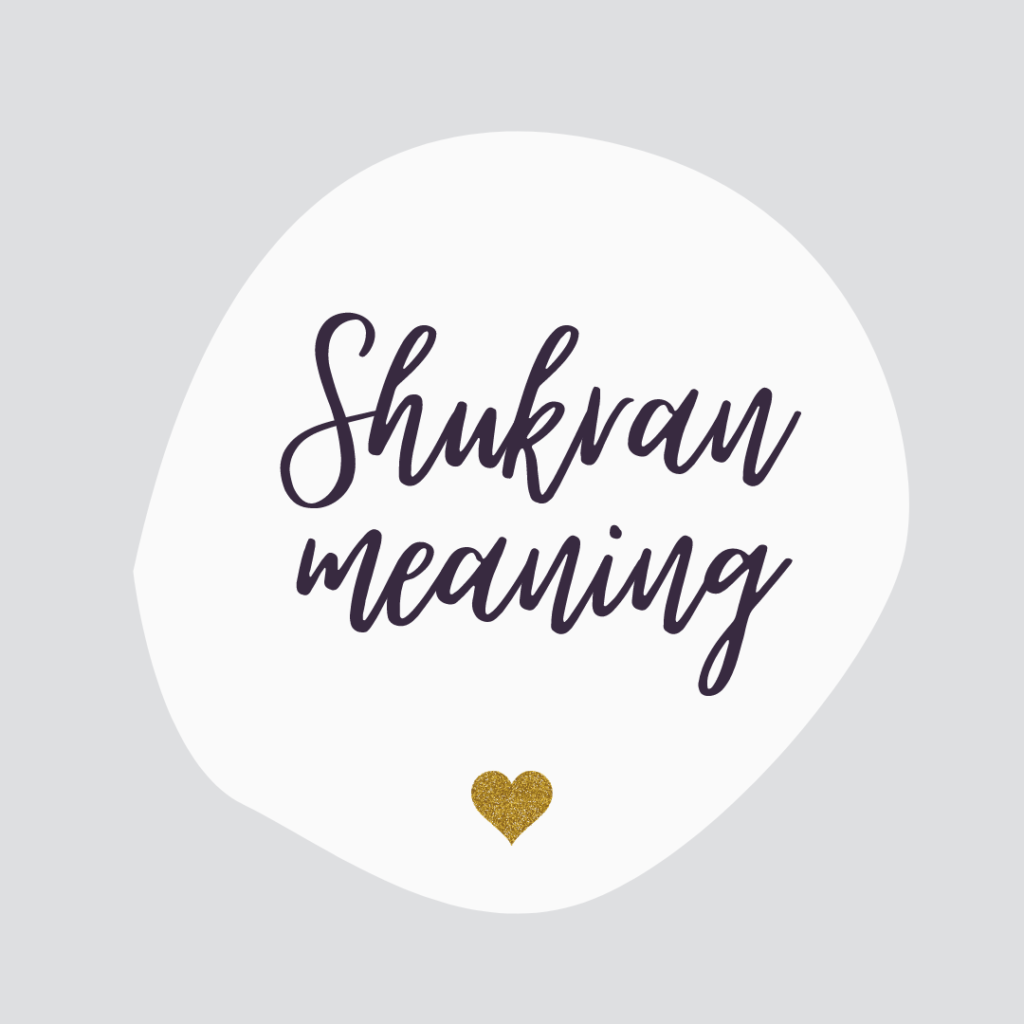Before we see shukran meaning – we have to see that it is from the words that can put a grin on anyone’s face. For one day, only say these words with sincerity anytime you tell them, and observe how it improves your spirits!
Shukran meaning
It is customary in most cultures to express thanks in some way. Gratitude is defined as the quality of being appreciative ready to show appreciation for and reciprocate kindness.
Giving a genuine, grateful response to someone’s acts or words is frequently the “glue” that holds relationships together. In most civilizations, this is true!
When you do so in an Arabic or foreign nation, you also demonstrate your respect for the culture. Words have a lot of power, so use them wisely and often!
When you inquire about what shukran means, what are the most typical ways Arabic speakers use the word’shukran’ in different situations?
You should know that Shukran is a word that means “thank you” in Arabic.
Let’s find out more about this by looking at this topic.
What does Shukran mean?
The English meaning of the term shukran or shukran katir means in English is ‘thank you.’
This is self-explanatory; it’s used to express gratitude to someone who has performed a good deed.
In Islam, it is sunnah to say Jazakallah Khair, which is pronounced in the same way as shukran.
The distinction is that Jazakallah khairan means “May Allah repay you [with] goodness” and is a brief Dua in which the person is wished to be rewarded by Allah.
This acknowledges that nothing can happen without Allah’s permission, and you’re making a dua on the person’s behalf.
Shukr meaning in Arabic
In Arabic, Shukran is written as:
شكراً
This term can be spelled in a variety of ways:
- Thanks a lot – Arabic: Shukran Ya Lak (Arabic: شكرا يا لك).
- Thank you so much – Arabic: Shukran Jazilan (Arabic: شكرا جزيلا).
- Thank you very much – Arabic: Shukran Jazilaan Lak (Arabic: شكرا جزيلا لك).
REPLY FROM SHUKRAN
- Afwan is the proper reaction to Shukran.
- Afwan can indicate either not at all or welcome, depending on the context.
Shukran meaning: 3 Arabic phrases for “thank you”
There are five different ways to express “thank you in Arabic.” Let’s look at these three various methods:
Although each MENA nation has its unique dialect, العامية (Aammiya), here are three ways to express “thank you” that may be understood practically anywhere in the area.
Shukran “شكراً”
Shukran meaning is generally understood by speakers of all Arabic dialects and is used in official and casual situations in all Arabic-speaking nations.
It is derived from the root word Shakara, “شكر,” which means “to thank.”
You may hear al-‘awfoo “العفو” or ‘af-waan “عفوًا,” which means “forgive/pardon” and is the equivalent of “you’re welcome” or “no problem” in English, as a popular reaction.
Tislam or Tislami
We shouldn’t talk about shukran meaning without mentioning Tislam or Tislami “تسلم / تسلمي” expression, which is heard mainly in the Levant and portions of the Gulf, is derived from the root word Salama “سلم,” which means “to come out safe/healthy.”
When a friend or family member gives you something or does something pleasant for you, you might use this phrase.
If you add ideyk “إيديك” or “إيديكي” ideyki to a female to the end of the statement.
You will say, “may your hands have health” – a method of thanking someone who has given you something.
Mamnoun(t)ak/ek
Mamnountak/ek – female speaker “ممنونتك” or mamnounak/ek – male speaker “ممنونتك” is a Levantine phrase that means “thank you” or “I’m thankful to you.”
If you’ve mastered this, you’re also fluent in Persian! This Arabic loanword, mamnoun “ممنون,” which is gender-neutral in Persian, is also often used by Persian speakers to say “thank you.”
Shukran meaning used in a sentence:
Often, the most excellent way to learn is by instances rather than theory.
This will demonstrate how to use the term correctly in ordinary discourse.
So we turned to social media to investigate how Muslims utilize this in various conversations.
Consider the following examples:
- Exemplification #1: Thank you, Shukran, for assisting me with my relocation.
- Exemplification #2: Thank you for all of your good thoughts, Duas. I adore you all.
- Exemplification #3: Thank you for another blessed Friday, Allah.
- Exemplification #4: Thank you, Allah, for blessing me a son… Shukran.
- 5th example: I completed a course and received a passing grade. I expected to pass, and I did, shukran Allah.
Join our Quran Courses to learn Quran Arabic and Tajweed online



